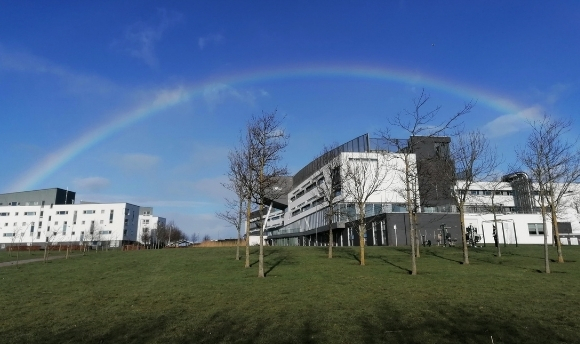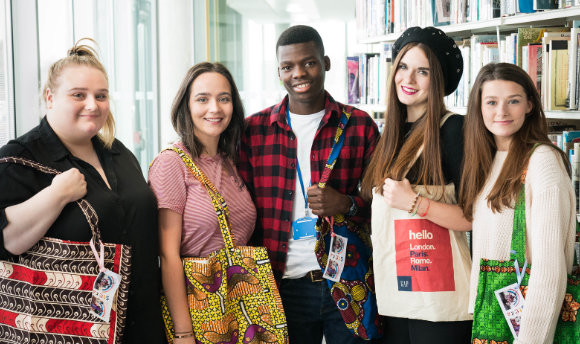Page Title
Our airy and bright campus offers a real community feel, with ready access to student services, food outlets catering for every palate, student accommodation, sports facilities, beautiful grounds, and plenty of places for socialising. We also have an on-site Students’ Union.
dsdasdu sfasfasifasdf refer to our student handbook for 2025-2026
test link - SAAS funding
test link - not SAAS funding
- Our airy and bright campus offers a real community feel
- with ready access to student services, food outlets catering for every palate, student accommodation, sports facilities, beautiful grounds, and plenty of places for socialising. We also have an on-site Students’ Union. From our campus, there are...
| Header Title | Header Title | |
| cell 1 | cell 2 | |
QMU served as the ideal venue for our Production company to film in recently.
- NIHR Research Unit for Health in Situations of Fragility
- ReBUILD for Resilience (R4R)
- Health system and community responses to COVID-19 among Palestine refugees: UNWRA
- The Political Economy of Universal Health Coverage reforms: building capacity and engagement of francophone West Africa
- Verbal Autopsy with Participation Action Research (VAPAR)
- REDRESS: Reducing the Burden of Stigmatising Skin Diseases
- Co-Voices web application
- Addressing Gaps in Men's Health Literacy and Health Seeking in Mozambique
- Addressing the need for locally-relevant evidence in public health decision-making (LEAD)
- Whole systems care for post-stroke management in China
- Infection control for drug-resistant TB in decentralised care: Umoya ohmule
- Develop interventions to reduce barriers to treatment adherence in TB patients: IMPACT
- Designing and evaluating provider results-based financing for TB care in Georgia (Results4TB)
- Optimizing health systems to improve delivery of decentralised care for patients with drug resistant tuberculosis
- A Household Yeast Biosensor for Cholera
- Ethnography of Health Facilities
Text
- Professor Sophie Witter
- Dr Karin Diaconu
- Dr Maria Paola Bertone
- Jennifer Falconer
- Dr Georgina Pearson
- Dr Guangyang Zou
Our Honorary Staff and Doctoral Students
text
- Many of the Health Systems Cluster’s projects are carried out in fragile and shock-affected settings, looking at fragility and its linkage to the resilience of health systems.
- Additionally, we are also exploring the interlinkages between mobility and migration, in relation to health systems serving displaced populations. Our work has focused on health financing, human resources for health, community-health system connections, gender and equity, and management of chronic illness, including tuberculosis, non-communicable diseases and mental health.
Film of QMU Campus
Addition of text
Sub text with link (internal)
| Header 1 | Header 2 | ||
Admissions Enquiries
Show Contacts
Engage with QMU

Useful Links
Engage with QMU



Eat and Drink on Campus
Text
Find out more about Maggie'sCompassionate Mind-Training 6-Week Course
This programme is designed to increase self-compassion and self-esteem while lowering self-criticism and perfectionism.
"I think it’s really helpful to do this course, it may feel like a lot to add on but think of it as working on you for your future self. Your future self will thank you and appreciate it." - Past participant
Email smacleod@qmu.ac.uk for more information and to book a place on the next course (Autumn 2025).
Compassionate Mind Training 6-Week Course
This programme is designed to increase self-compassion and self-esteem while lowering self-criticism and perfectionism. The next course will run in the Autumn 2025. Please email Sophie for more information and to book a place on the next course to smacleod@qmu.ac.uk.
Find out more and book a place




